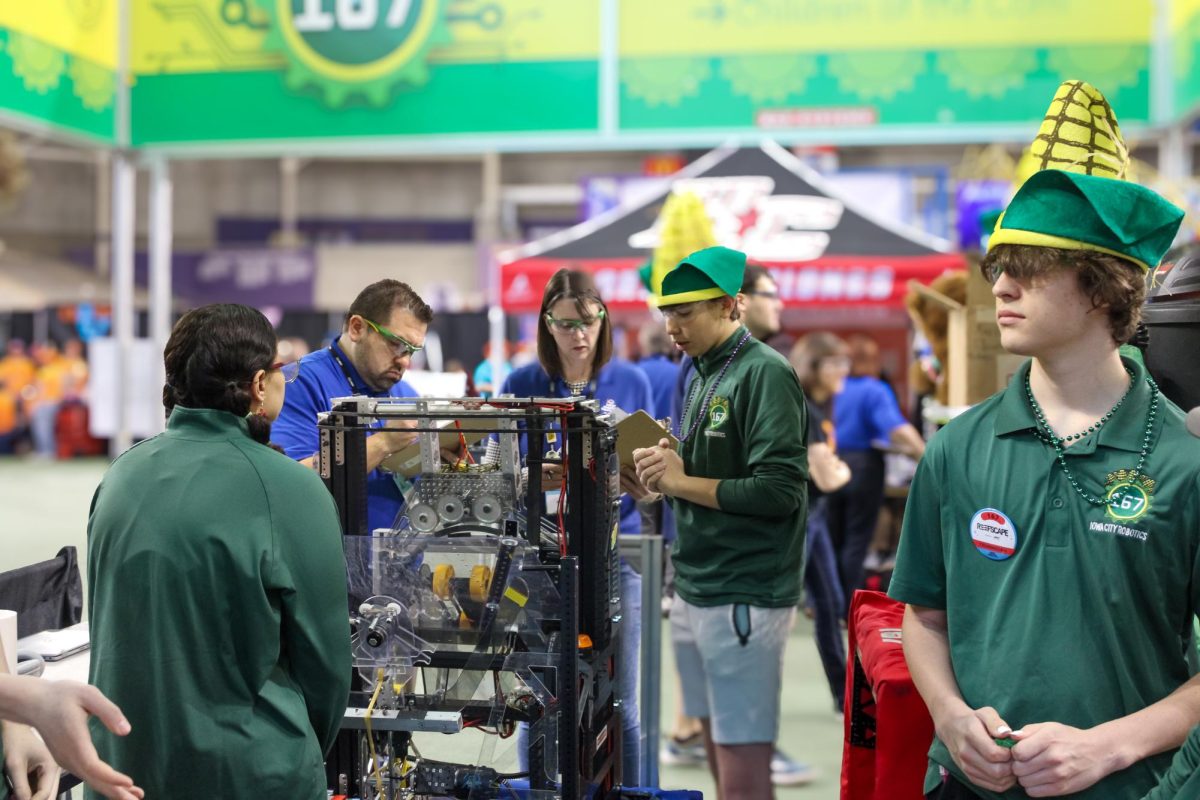Getting Away From Competition in American Public Schools
While many studies have claimed increased competition as a source for better productivity among students, others show that it is actually to the detriment of their education, and that collaboration is the key to better learning
April 20, 2022
Rugged individualism is one of the defining characteristics of American society. The deep and dividing competition that comes with this individualism can be found in almost every aspect of American society and culture. American public schools are no exception, competition has dug its ugly teeth right into the heart of educating future generations of Americans. While some claim the potential benefits of greater competition within public schools, it all comes with a cost. And the price is the mental health of students.
The recent development of more colleges and universities making admission to their schools test-optional is a step in the right direction. Standardized tests like the ACT and SAT are one of the largest contributing factors to competition among students and across schools. Mark Williamson of the Guardian encapsulates it perfectly, “Relentless focus on exams and attainment instills in young people the idea that success is about doing better than others.” These tests create self-doubt, anxiety, stress, and of course, competition. All the ingredients for an unproductive and unhealthy learning environment. Deemphasizing the importance of tests in secondary education and the college application process is crucial to improving the mental health of students.
Despite this, the main argument for competition in schooling is the same survival of the fittest mindset you may expect. Studies cite competition as a source of increased productivity and efficiency. However, it seems rather obvious, considering that the role of a school is to help students grow and learn, that this is completely counterintuitive. Can anyone really argue that a system that emphasizes students competing against one another rather than a system where students support each other promotes better learning? Increased efficiency and productivity for those who thrive in our school system, leaving those who don’t behind.
Collaboration is not the enemy. Getting away from competition in American public schools is not impossible. Right now (according to the CDC), in the midst of a rapid decline in mental health among teens, increased competition among peers is the last thing we need. Improving what one study calls, “students’ emotional and social learning”, is imperative to public schools going forward. The 2011 study from the Child Development Journal, notes some basic principles of learning that advocate for collaborative learning instead of competition. The study establishes that “Students typically do not learn alone,” saying that in reality, they learn, “In collaboration with their teachers, in the company of their peers, and with the encouragement of their family.” On top of this, the notion that mental health is a sacrifice made for increased efficiency and productivity for students is false. Former surgeon general David Satcher claimed in 2000, “Mental health is a critical component of children’s learning and general health. Fostering social and emotional health in children as a part of healthy child development must therefore be a national priority”
Competition has not only tainted academics but also nonathletic extracurricular activities, whose original purpose had no competitive nature. Two transparent examples of this are high school jazz band and journalism. Taking the original goal of a high school jazz band to create music and TEACH students how to play jazz, and making it about winning competitions, or making high school journalism about winning awards, instead of teaching students about the real role of publication, is a disservice to all those who participate. It creates unneeded competition within the activities and places extra stress on members. While it is understood that one of the most accessible ways to determine the quality of an extracurricular activity, is to judge them in competition against each other, returning to the roots of the program is the best option for schools.































